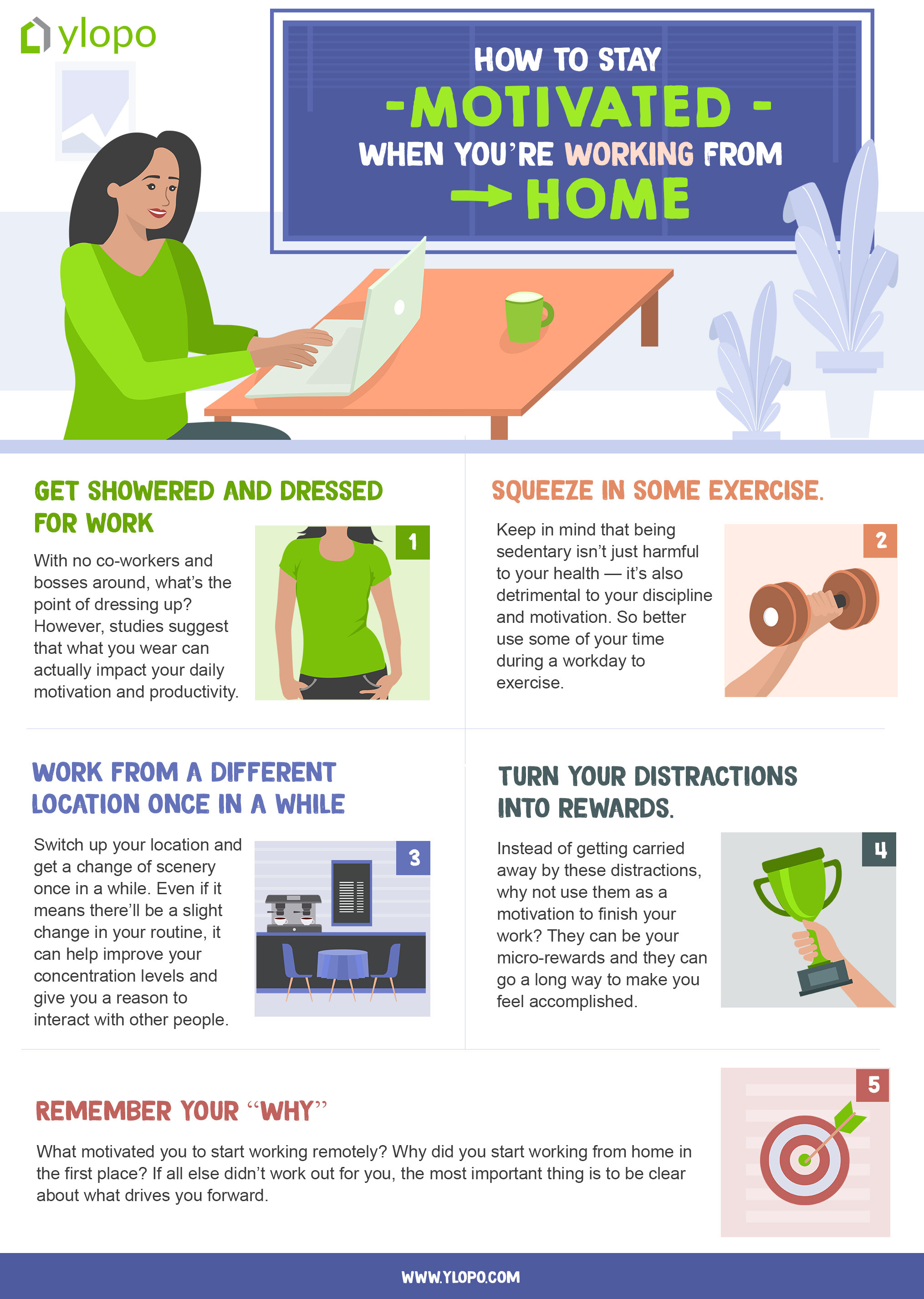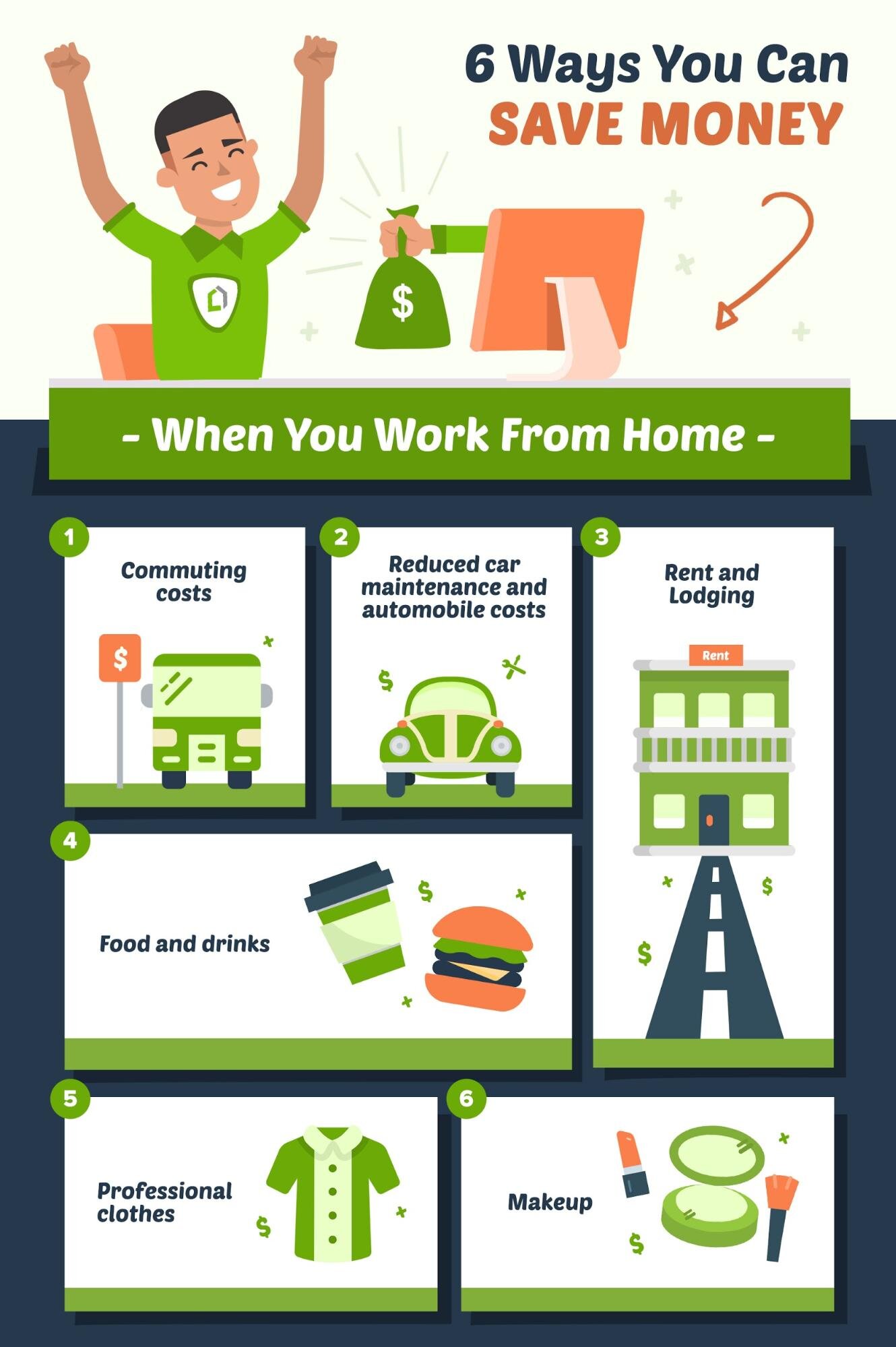Whether you’re a remote worker, freelancer, or a corporate employee, you will always get to the point where you feel stressed, overwhelmed, and burned out. This is why we need to recharge every once in a while.
But while taking a vacation is a perfect way to do that, not everyone can just pack their bags and go on a beach trip or take a nice hike to revitalize. Sometimes, a trip just isn’t within our budget. Or we might have already used our vacation leaves. Maybe we have some family obligations so a nice, long vacation isn’t in the cards for now. Whatever circumstance you’re in, you can still find ways to refresh and regain your focus. So make sure you take a break and do any of these holiday alternatives especially when you can’t take time off work.
You work hard every day for eight hours, five to six times a week (plus the overtime!). Sure, saving for your future is paramount, but don’t forget that you also deserve to pamper yourself every now and then. Indulge to your favorite desserts or drinks (Milk tea, anyone?), have a nice meal at a really fancy restaurant, enjoy online shopping, get a full body massage or spend a relaxing day at the salon or spa. Remember that self-care is essential for your mental and physical well-being. And with all the hard work you’re putting in, especially when you can’t take a real vacation, sometimes a quick date night or simple “me time” is all you need. Reward yourself with what makes you happy so that when you get back to work, you’ll feel less stressed and more motivated.
Here’s a sad truth: adulting may have hit us hard that we sometimes forget about the things we loved to do when we were younger. When was the last time you’ve signed up for a class not related to your work, whether it’s an art class, pottery, baking, or even dancing? Fulfill that yearning you’ve always had to do something new or something you always enjoy. Find a community group that meets up regularly, or sign up for weekend workshops. When you reconnect with an activity you’ve always loved, you’ll find that it helps you let go of stress naturally. Likewise, seeing your own masterpiece or eating your homemade cookies are also great rewards!
One of the best advantages of working from home is that you are not obliged to stay in the same room or the same office every day. As long as you have electricity and an internet connection, you can work anywhere you want and still get your job done. But if you can’t travel far to change your scenery and get away from your usual routine, sometimes all you need is to work at a cozy cafe or go to a park during breaks. If you’re feeling stressed out and monotonous working at your home office, try to arrange your desk where you can get a nice view. You can also put some plants or a piece of art to help shake things up and give your mind a fresh start.
Adopting an exercise routine—whether it’s yoga, meditation, or stretching—is ideal if you want to de-stress but can’t take time off work. It helps you feel more active, it gets your blood flowing to your head and around your body, and lets you relax and stretch out your tight muscles. Also, you don’t need to join your local gym to get your body moving. Just go for a bike ride, take a long walk in the park, or do a simple 15-minute workout at home. These activities can be fun and help reduce your stress so you can think clearly and feel good about yourself.
Talking, laughing, having dinner and/or a few drinks with your friends can be a quick and easy way to recharge. This is especially important for remote workers and virtual assistants who often work in isolation. If you’re feeling particularly stressed out but can’t take a long vacation, defeat that cabin fever by scheduling some time with your besties or calling out the barkada. Hearing about their days at work (which could be worse than yours) and ranting about things that stress you out can help relieve some of those burdens and even boost your friendship.
Pay attention to your body. It could be telling you that you need to slow down and replenish your energy. And sometimes, a good eight hours sleep is all you need to rejuvenate, especially when you’ve been exhausted for a couple of days straight.









































